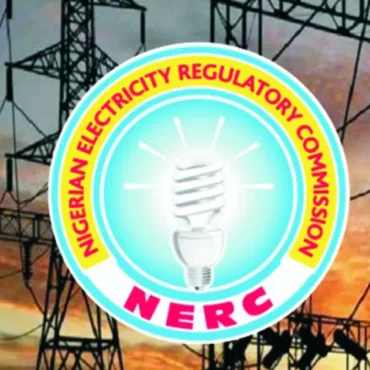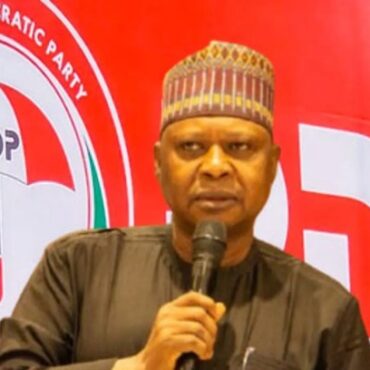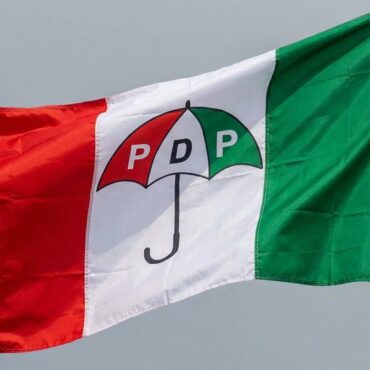After a period of relative calm in Nigeria’s public university system, the Academic Staff Union of Universities (ASUU) has declared a two-week warning strike, citing the federal government’s failure to meet key demands. The strike, which began at 12:01 a.m. on Monday, was announced by ASUU National President, Professor Chris Piwuna, during a press briefing in Abuja.
Despite last-minute efforts by top government officials to prevent the action, ASUU proceeded with the warning strike, accusing the federal government of showing little commitment to resolving long-standing issues. Piwuna stated that the strike follows the expiration of a 14-day ultimatum issued earlier to the government.
“If, after this two-week warning strike, the government fails to address our concerns, a total and comprehensive strike will follow,” Piwuna warned.
ASUU is demanding the conclusion and signing of the renegotiated 2009 Agreement, the release of three-and-a-half months of withheld salaries, sustainable funding for public universities, and an end to what the union describes as the victimisation of its members at certain universities.
According to Piwuna, the outcome of a recent emergency meeting of the FGN/ASUU 2009 Agreement Renegotiation Committee on October 10 was “disappointing.” He criticized the government’s proposals as “provocative and inconsistent” with earlier drafts, especially those from the Nimi Briggs-led team.
ASUU claims the documents presented by the government represent a complete departure from the spirit of previous negotiations and are unlikely to ease tensions on university campuses.
While ASUU’s National Executive Council has directed all branches nationwide to withdraw services, another academic union, the Congress of University Academics (CONUA), has distanced itself from the action.
CONUA’s National President, Dr. Niyi Sunmonu, said that after nationwide consultations, the union found no justification for a strike, adding that its members would remain at their duty posts. He emphasized that the union had recently met with the Minister of Education and received no reason to declare a trade dispute.
Meanwhile, the National Association of Nigerian Students (NANS) expressed concern over the strike and called for a swift resolution. NANS noted efforts made to mediate between the government and the union, urging both parties to prioritize students’ welfare.
Government sources, however, claim that the strike was premeditated and accuse ASUU of deliberately sabotaging ongoing negotiations. Officials say that following a critical meeting last Friday, steps were taken to address the union’s concerns, and a proposal was being finalized.
An expanded re-negotiation committee, set up to review the 2009 agreement, had prepared updated offers addressing issues such as salary structures, funding, and outstanding entitlements. But government representatives say ASUU’s leadership became unresponsive just as the talks were progressing.
Attempts by Senator Lekan Tejuoso, Deputy Chairman of the Federal Government’s Negotiating Team, to schedule a face-to-face meeting with ASUU were reportedly rebuffed. Government insiders allege that multiple calls to ASUU President Piwuna between Friday and Saturday went unanswered until after the strike was publicly announced.
According to officials, the government had acted in good faith, with the President’s approval already secured for further concessions. The strike, they claim, disrupted planned progress and signals a lack of cooperation from the union.
The sudden industrial action has left thousands of university students uncertain about the academic calendar, rekindling memories of previous shutdowns that paralyzed the education sector.
Despite the escalation, government officials maintain that dialogue remains open and express hope that the union will return to the negotiating table in the interest of all stakeholders.






Post comments (0)